BBC World Service
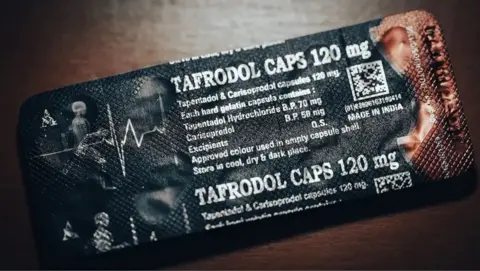 BBC
BBCIndian authorities have banned two highly-addictive opioids in response to a BBC investigation which found they were fuelling a public health crisis in parts of West Africa.
In a letter seen by the BBC from India’s Drugs Controller General, Dr Rajeev Singh Raghuvanshi said permission to manufacture and export the drugs had been withdrawn
BBC Eye found one pharmaceutical company, Aveo, had been illegally exporting a harmful mix of tapentadol and carisoprodol in countries like Ghana, Nigeria, and Cote D’Ivoire.
India’s Food and Drug Administration said the company’s factory in Mumbai had since been raided and its entire stock seized.
The circular from Dr Raghuvanshi, dated to Friday, cited the BBC investigation in his decision to ban all combinations of tapentadol and carisoprodol, which was to be implemented with immediate effect.
He said this also came after officials had looked into “the potential of drug abuse and its harmful impact on population”.
Tapentadol is a powerful opioid, and carisoprodol is a muscle relaxant so addictive it is banned in Europe.
Carisoprodol is approved for use in the US, but only for short periods of up to three weeks. Withdrawal symptoms include anxiety, insomnia and hallucinations.
The combination of the two drugs is not licensed for use anywhere in the world as they can cause breathing difficulties and seizures and an overdose can kill.
Despite the risks, these opioids are popular street drugs in many West African countries, because they are so cheap and widely available.
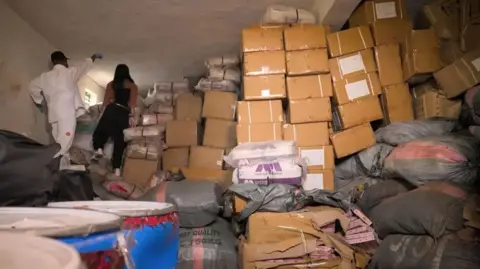
Publicly-available export data show that Aveo Pharmaceuticals, along with a sister company called Westfin International, has shipped millions of these tablets to Ghana and other West African countries.
The BBC World Service also found packets of these pills with the Aveo logo for sale on the streets of Nigeria, and in Ivoirian towns and cities.
Nigeria, with a population of 225 million people, provides the biggest market for these pills. It has been estimated that about four million Nigerians abuse some form of opioid, according to the nation’s National Bureau of Statistics.
As part of the investigation, the BBC also sent an undercover operative – posing as an African businessman looking to supply opioids to Nigeria – inside one of Aveo’s factories in India, where they filmed one of Aveo’s directors, Vinod Sharma, showing off the same dangerous products the BBC found for sale across West Africa.
In the secretly recorded footage, the operative tells Sharma that his plan is to sell the pills to teenagers in Nigeria “who all love this product”.
Sharma in response replies “OK,” before explaining that if users take two or three pills at once, they can “relax” and agrees they can get “high”.
Towards the end of the meeting, Sharma says: “This is very harmful for the health,” adding that “nowadays, this is business”.
Sharma and Aveo Pharmaceuticals did not respond to a request for comment when the BBC’s initial investigation was published.
India’s Food and Drug Administration said a sting operation saw Aveo’s entire stock seized and further production halted in a statement on Friday. Further legal action will be taken against the company, it added.
The agency said it was “fully prepared” to take action against anyone involved in “illegal activities that tarnish the reputation of the country”.
The FDA has been instructed to carry out further inspections to prevent the supply of the drugs, it said.

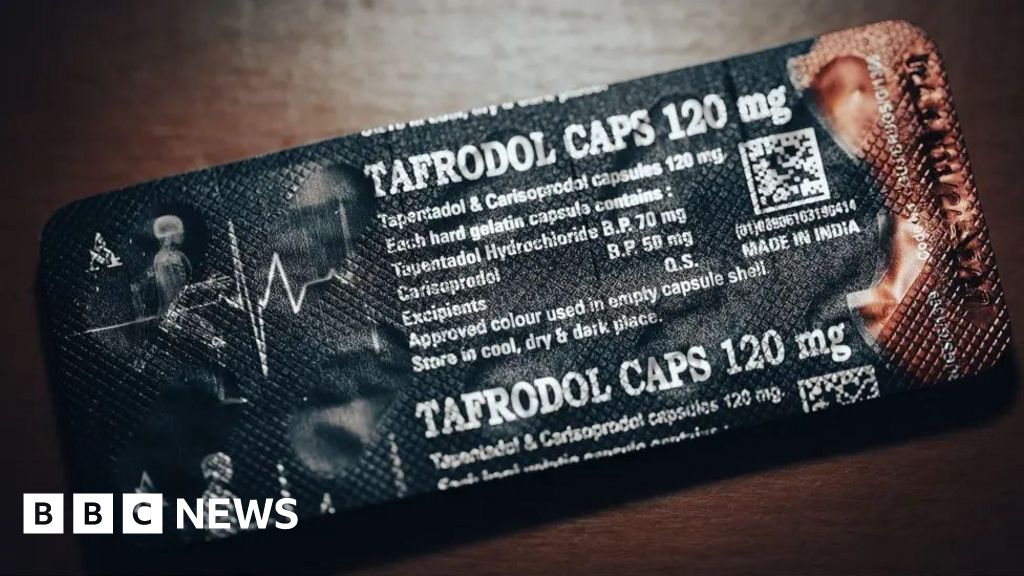



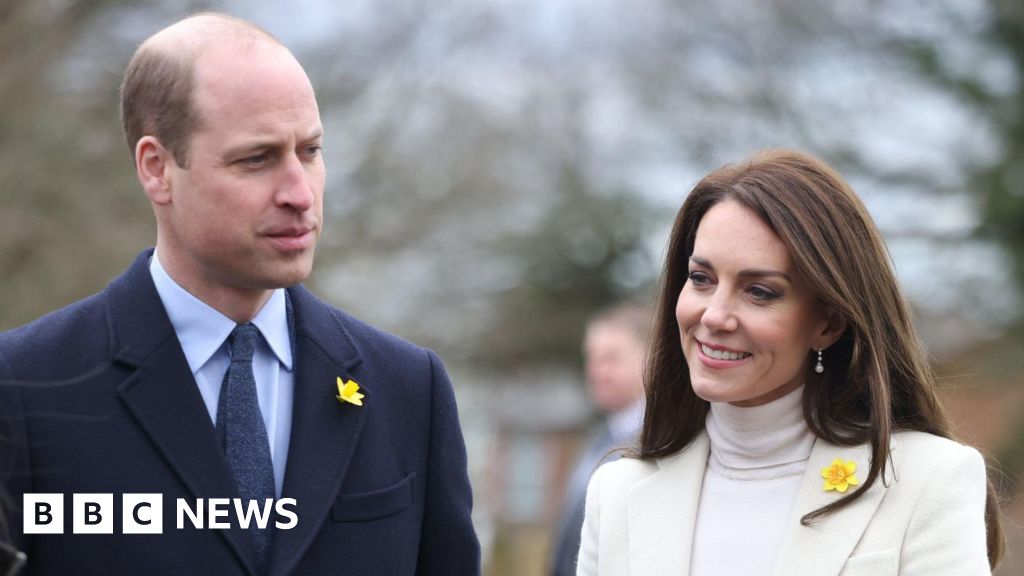

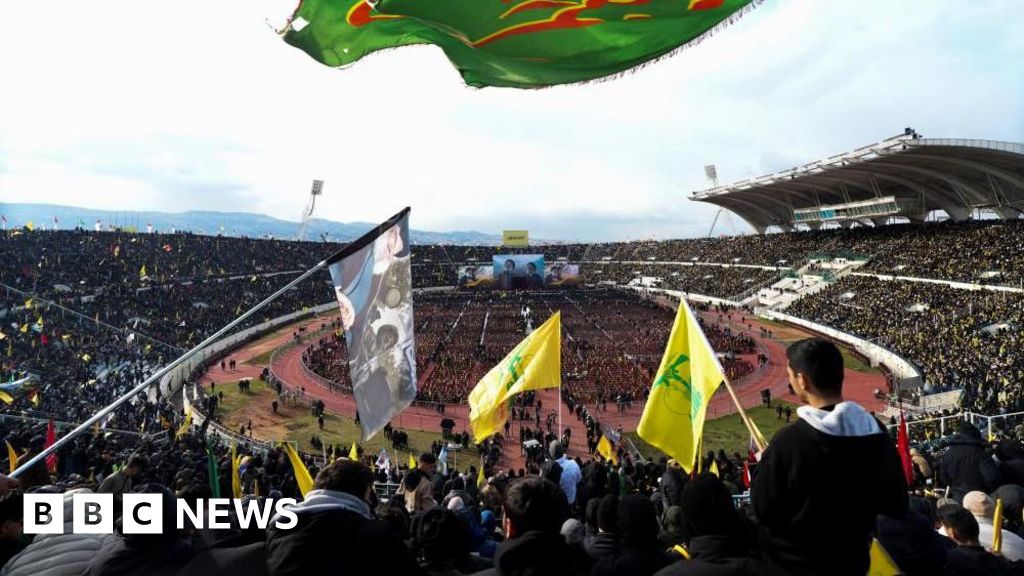
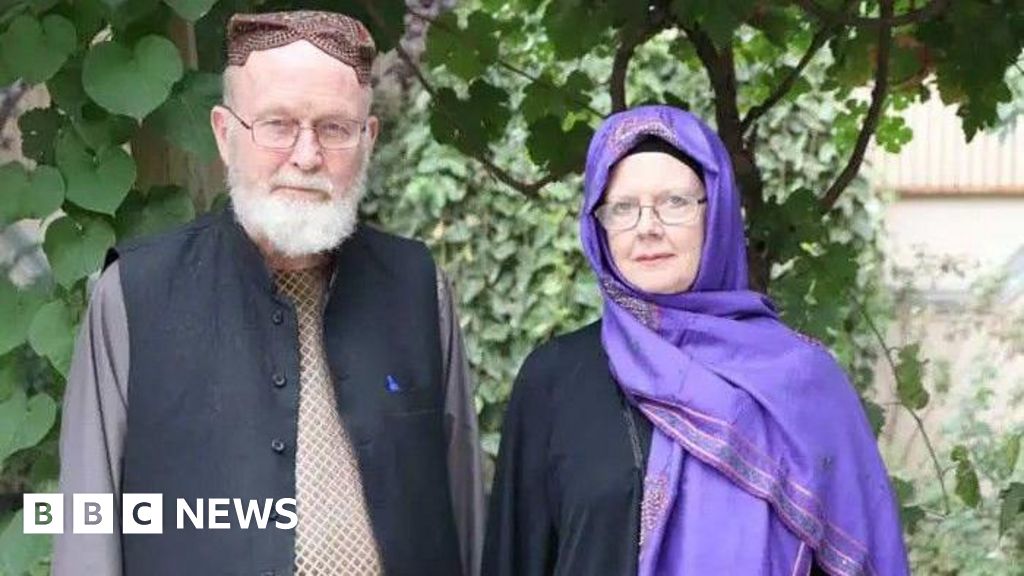
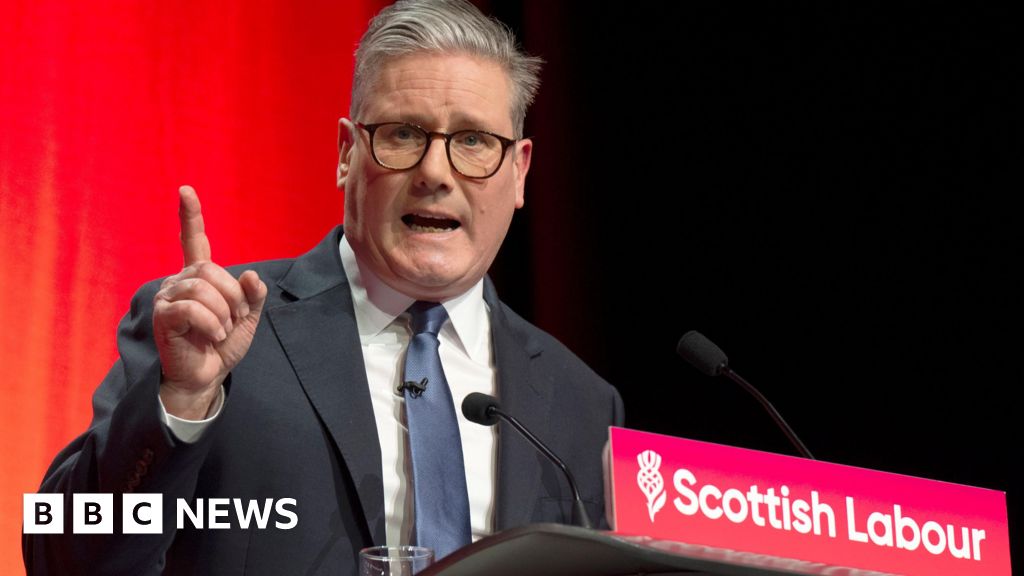
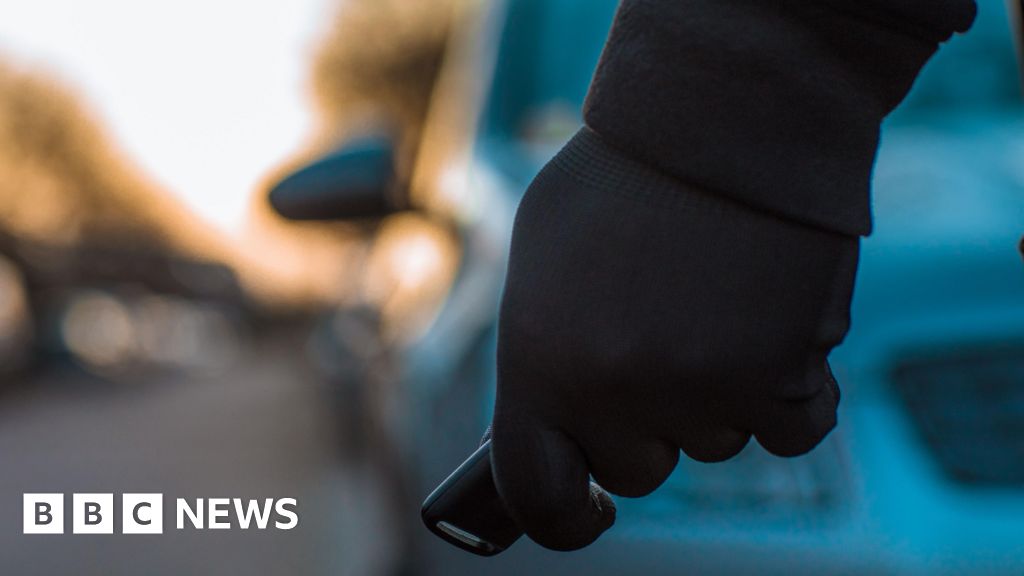
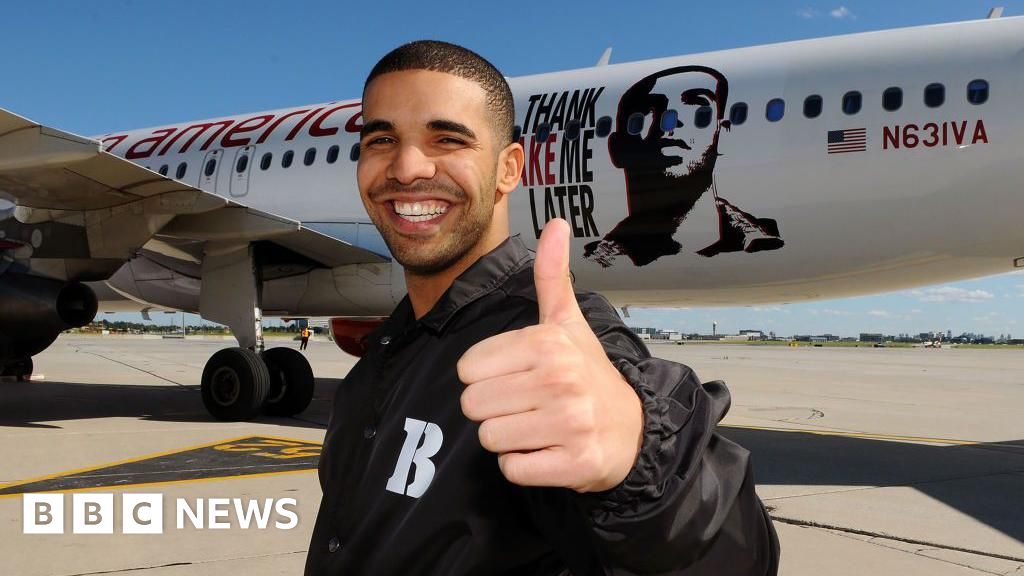
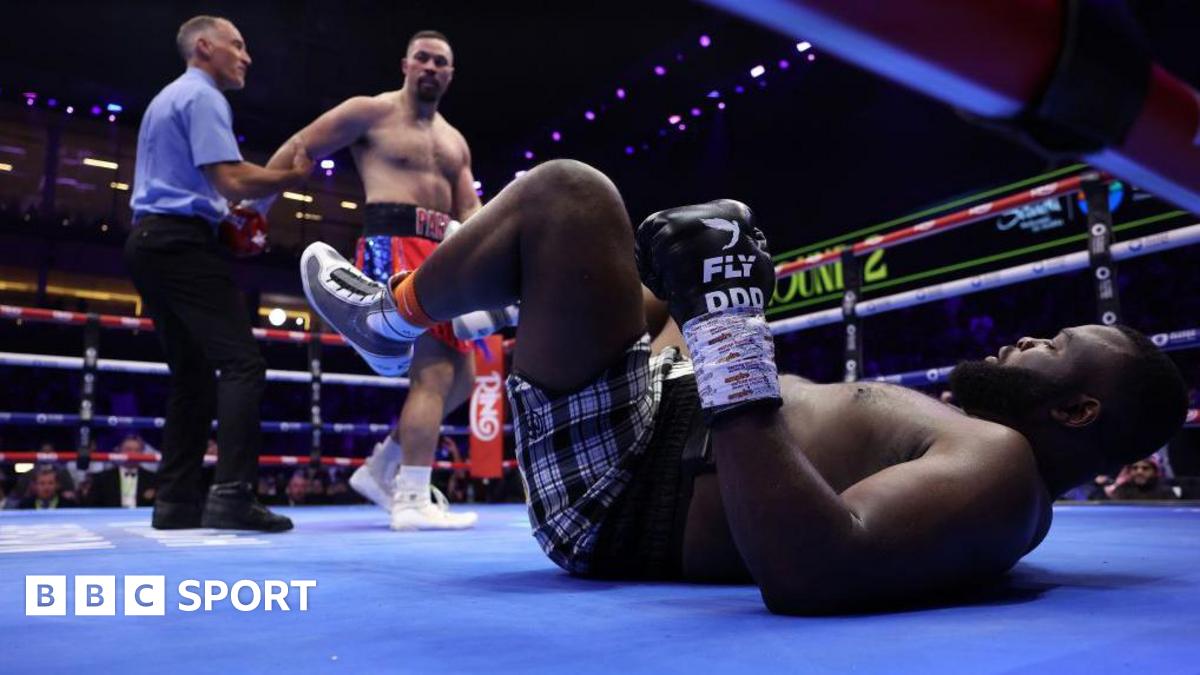




Leave a Reply